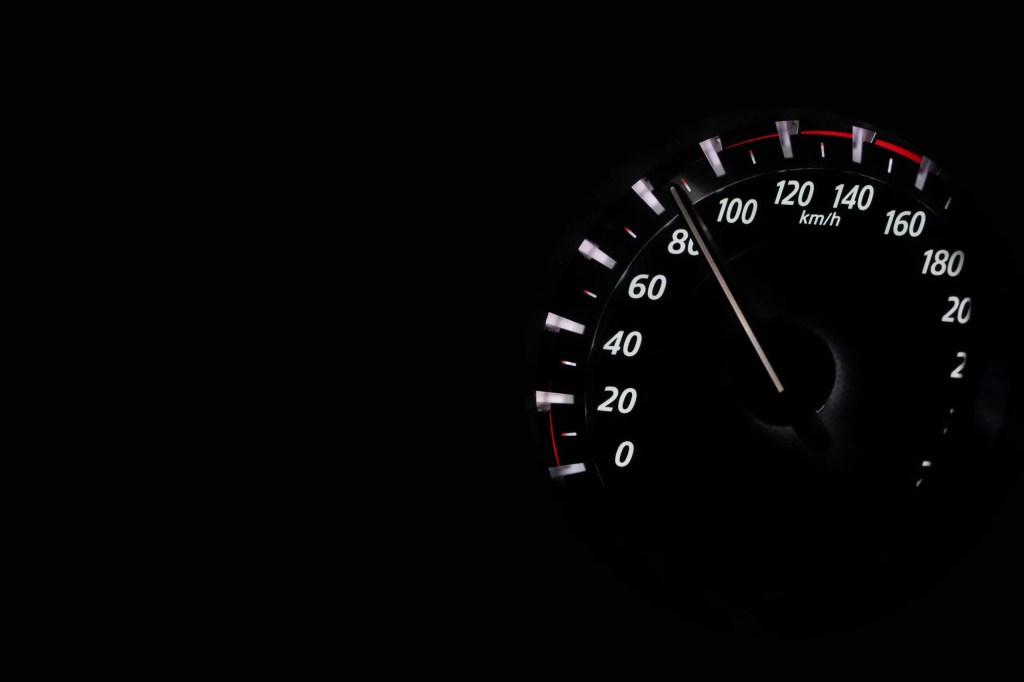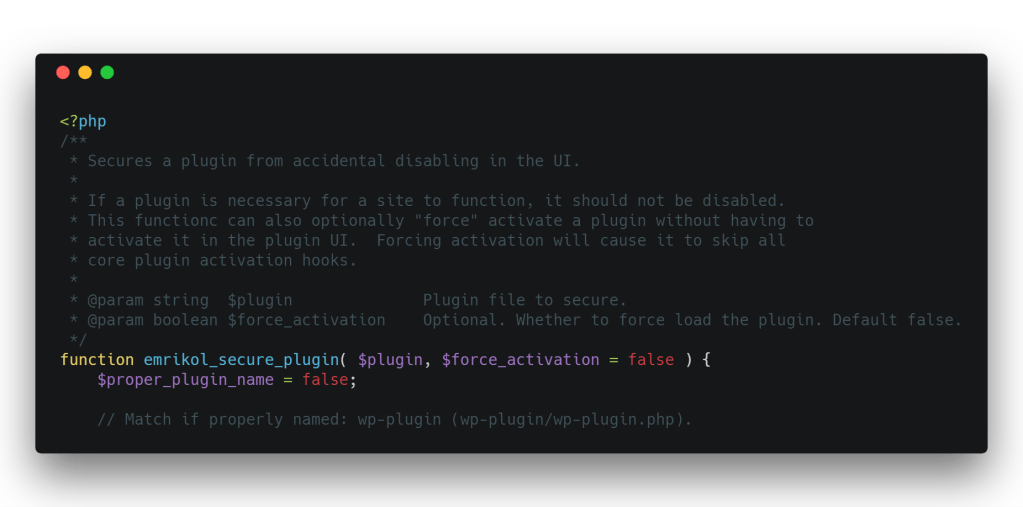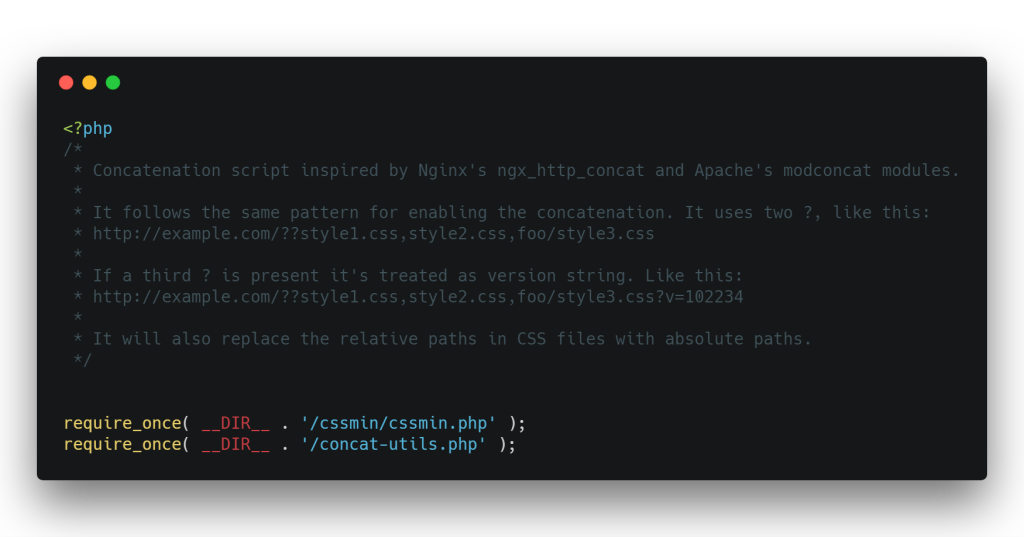Tag: mu-plugin
-

Stopping WordPress User Registration Spam
in WordPressCombatting the surge of user registration spam on WordPress, this guide introduces a code snippet to block registrations from specific email hostnames, offering an extra layer of protection against unwanted sign-ups.
-

Quick Tip: Force Enable Auto-Updates in WordPress
in WordPressEnable auto-updates for WordPress core, plugins, themes, and translations using an mu-plugin with PHP code. Embrace auto-updates for smoother maintenance.
-

Query Caching (and a little extra)
in WordPressWordPress does not cache queries by default, but using the Advanced Post Cache plugin can improve performance. By caching `WP_Query` calls with a persistent object cache, performance can be enhanced even further with additional caching techniques for different queries and responses.
-

Securing WordPress Plugins with more Plugins
in WordPressLearn how to secure plugins from accidental deactivation in WordPress by creating a helper function within an mu-plugin. This function ensures that critical plugins cannot be disabled, providing stability to your website. See how to implement this function and prevent the “Deactivate” option from appearing in the WordPress admin interface.
-

CSS & JS Concatenation in WordPress
in WordPressAutomated concatenation of Javascript and CSS files in WordPress can be enhanced using the `nginx-http-concat` plugin. Even though it was designed for nginx, it can be adapted to work with Apache servers. By utilizing specific code in `wp-config.php` and `mu-plugin`, improved caching and speed can be achieved. Consider turning this setup into a dedicated plugin…